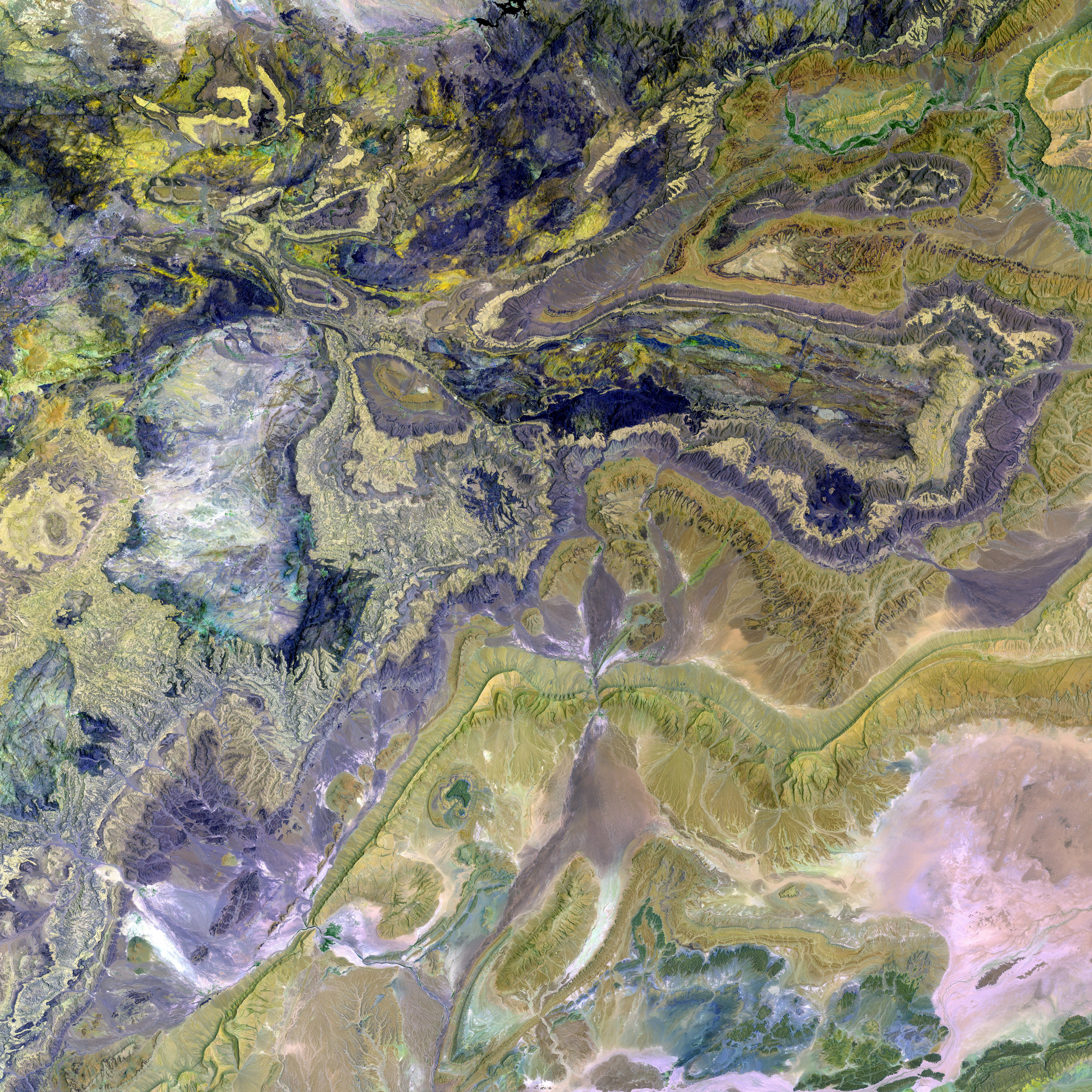Cruise Ship Passengers Safety Measures Against the New Norovirus Variant
Sailing Away, But At What Risk?
Worries loom large for Americans planning a cruise vacation this season, experts warn. A series of government cuts have left the U.S. Centers for Disease Control and Prevention's (CDC) Vessel Sanitation Program (VSP) understaffed and battered, just as a surge in norovirus outbreaks on cruise ships gains momentum.
Last year, the CDC faced staff reductions as part of a larger administrative overhaul by Health and Human Services Secretary Robert F. Kennedy Jr.[1][2]. While the full-time team of 24 IQVIA scientists was let go, the program continues to operate under a skeleton crew of 12 U.S. Public Health Service officers.[3]
The reduced team of officers, who were not affected by the layoffs, face the daunting task of managing the program sustainably.[3][4] "It's going to put them back many months before they're really functional again," said Erik Svendsen, the division's former director.[3]
Norovirus, a highly contagious virus, is the most common ailment reported on cruise ships, although other outbreaks occasionally occur.[6] Of the 19 million to 21 million norovirus illnesses in the U.S. each year, less than 1% are linked to cruises.[7] Regardless, even a fraction of cases can cause misery for hundreds on board, with symptoms lasting up to three days.
Since the beginning of the year, 16 norovirus outbreaks on cruise ships within the CDC's jurisdiction have been reported, compared to only 18 for all of 2024 and 14 in 2023.[8] Inspecting and monitoring nearly 200 ships annually, the program is charged with maintaining public health and safety at sea.
If you find yourself on a wave-tossed vessel with a queasy stomach, it's vital to understand how to stay safe. Here are some essential tips:
- ID the Illness: Get acquainted with the signs of norovirus, which include sudden onset of vomiting, diarrhea, and stomach pain. Recognizing these symptoms can help prevent the rapid spread of the virus, particularly among passengers.
- Report the Illness: If you or someone else onboard gets sick, it's crucial to report the illness and follow quarantine protocols. However, countless passengers still choose to tough it out rather than isolate themselves.[9]
- Mind the Microscopic Menace: Norovirus can linger on surfaces for days. Frequent handwashing, using soap for at least 20 seconds, is vital before eating, drinking, or using the bathroom. Hand sanitizer alone is insufficient in combating norovirus.
- Watch Out for Infected Passengers: Be vigilant for signs of illness in fellow passengers. Share your awareness of the virus to encourage timely reporting and isolation if needed.[10]
- Cruise Lines' Health & Sanitation Measures: Though the VSP's reduction in staff raises concerns about inspection and outbreak investigations, cruise lines have stringent sanitation protocols in place that are regularly monitored.[11] However, it remains to be seen how cuts to the program will be reflected in the future.
As the winds of change blow through the VSP, it's important to step aboard with eyes wide open.
- The health sector, including food and national trade, is affected by the understaffing of the CDC's Vessel Sanitation Program (VSP).
- The CDC's VSP, responsible for maintaining public health and safety at sea, operates under a skeleton crew due to staff reductions.
- Climate change and environmental science play a role in the spread of viruses, such as norovirus, on cruise ships.
- Artificial intelligence (AI) could potentially aid in identifying and monitoring outbreaks on cruise ships, improving the efficiency of the VSP.
- The World Health Organization (WHO) plays a crucial role in global health and addressing health issues in various countries, including mental health, chronic diseases, and cardiovascular health.
- Traveling, either domestically or internationally, increases the risk of contracting respiratory conditions and various medical-conditions, highlighting the importance of proper hygiene practices.
- Mental health concerns, such as anxiety and depression, can arise during travel, making it essential to prioritize well-being and seek assistance if needed.
- In the realm of science and medicine, medical research and technological advancements are ongoing to address essential issues like autoimmune disorders, skin conditions, and neurological disorders.
- Nutrition plays a significant role in maintaining overall health and managing medical-conditions like chronic diseases, cancer, digestive-health, and eye-health issues.
- Respiratory conditions like asthma and COPD require proper management and awareness to ensure the best possible quality of life for those affected.
- In the field of environmental science, climate change poses a critical threat to health, particularly with regards to air pollution and its impact on respiratory and cardiovascular health.
- Manufacturing and industry must adhere to safety regulations to prevent exposure to harmful substances and reduce the risk of negative health effects.
- Science and technology continue to develop innovative solutions for healthcare, such as wearables and smart-home devices that monitor heart rates, blood sugar levels, and other health indicators.
- Cybersecurity is essential to protect sensitive health data in the digital age, ensuring privacy and avoiding possible breaches that could compromise individual and national health.
- In terms of lifestyle, healthy habits like fitness and exercise, as well as proper skin care, contribute to longevity and overall well-being.
- The finance industry, including personal finance, wealth management, and banking, plays a crucial role in ensuring individuals have access to necessary resources for maintaining good health and addressing medical-conditions.
- Real estate and home improvement industries have a significant impact on health and well-being by promoting sustainable living, energy efficiency, and lifestyle choices that support good health.
- Venture capital and private equity provide funding for innovative health and wellness technologies, contemporary treatments for various medical-conditions, and companies that promote sustainability and environmental health.
- Personal finance and banking-and-insurance are essential components of healthcare, ensuring individuals have access to necessary resources for managing medical-conditions, health-and-wellness expenses, and purchasing essential products like prescription medications.
- The fintech industry revolutionizes financial services, introducing mobile banking, digital payments, and investment opportunities that enable individuals to prioritize health and wellness.
- The retail sector stocks a wide variety of health, wellness, and fitness products, catering to consumers who prioritize their physical and mental health.
- Interior design plays a significant role in promoting mental health and well-being by creating calming, stress-free living spaces.
- Cooking and food-and-drink industries contribute to health through education and promoting nutritious, balanced meals that support good health and address various dietary restrictions.
- Transportation, whether by air, sea, or land, can impact health through exposure to various viruses and bacteria, highlighting the importance of sanitation and hygiene practices in the travel industry.
- Investing in the stock market and real estate markets can potentially generate wealth that can be utilized for addressing medical-conditions, improving health and wellness, and promoting sustainable living.
- In the realm of fashion-and-beauty, skincare and makeup products cater to various skin-conditions, promoting healthy skin and boosting self-confidence.
- Smartphones and gadgets are integral to modern life, offering tools for monitoring health and wellness, accessing medical-information, and staying connected to healthcare providers.
- Data and cloud computing facilitate the storage and analysis of health-related data, improving the accuracy of diagnoses and treatment plans for various medical-conditions.
- Gardening and sustainable living contribute to good health by promoting a connection to nature and the importance of environmental health, as well as providing fresh, organic produce.
- Healthcare technology, such as AI and robotic surgery, revolutionizes the medical industry by improving accuracy, reducing recovery time, and improving overall patient outcomes.
- Space and astronomy create intrigue and inspire innovation in various sectors, including technology, science, and healthcare, paving the way for potential advancements in medicine, environmental protection, and overall well-being.








